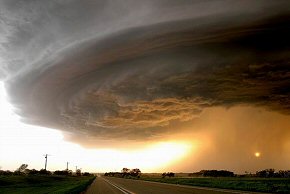
Is there disagreement over climate change because some people lack science literacy and numeracy? If the public knew more basic science and were better at technical reasoning, would public consensus match scientific consensus? A surprising new study in the journal Nature Climate Change suggests that the answer to both questions is no.
The study, involving researchers from Yale, Ohio State, George Washington University and Temple University was based on what the researchers say was a nationally representative sample of 1,500 U.S. adults. “The aim of the study was to test two hypotheses,” said Yale’s Dan Kahan. “The first attributes political controversy over climate change to the public’s limited ability to comprehend science, and the second, to opposing sets of cultural values. The findings supported the second hypothesis and not the first.”
In the study, researchers measured “science literacy” with test items developed by the National Science Foundation. They also measured their subjects’ “numeracy” – that is, their ability and disposition to understand quantitative information. The results showed that cultural cognition – the process by which individuals’ group values shape their perceptions of societal risks – plays a major role in the assessments.
“In effect,” Kahan explained, “ordinary members of the public credit or dismiss scientific information on disputed issues based on whether the information strengthens or weakens their ties to others who share their values. At least among ordinary members of the public, individuals with higher science comprehension are even better at fitting the evidence to their group commitments.” The findings, he adds, underscore the unconscious tendency of people to fit evidence of risk to positions that predominate in groups to which they belong.
Kahan says the study suggests the need for science communication strategies that reflect a more sophisticated understanding of cultural values. “More information can help solve the climate change conflict, but that information has to do more than communicate the scientific evidence. It also has to create a climate of deliberations in which no group perceives that accepting any piece of evidence is akin to betrayal of their cultural group.”
Related:
Discuss this article in our forum
Climate change treaties wrongheaded, argues radical plan to lock-up fossil fuels
The neurobiology of wisdom
Humans drawn to high emotion
Worrying and intelligence evolutionarily inseparable


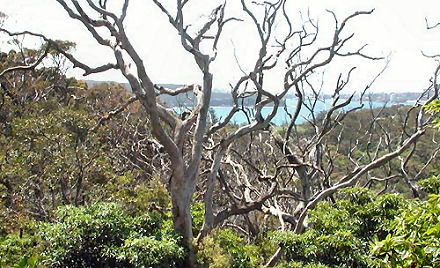






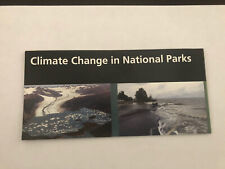
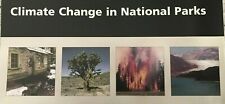
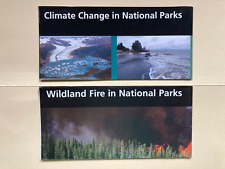
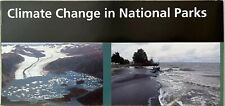

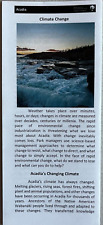
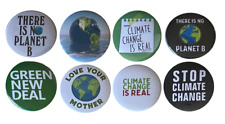

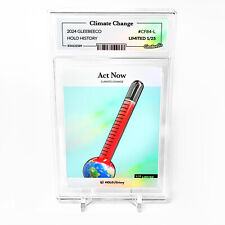
Comments are closed.